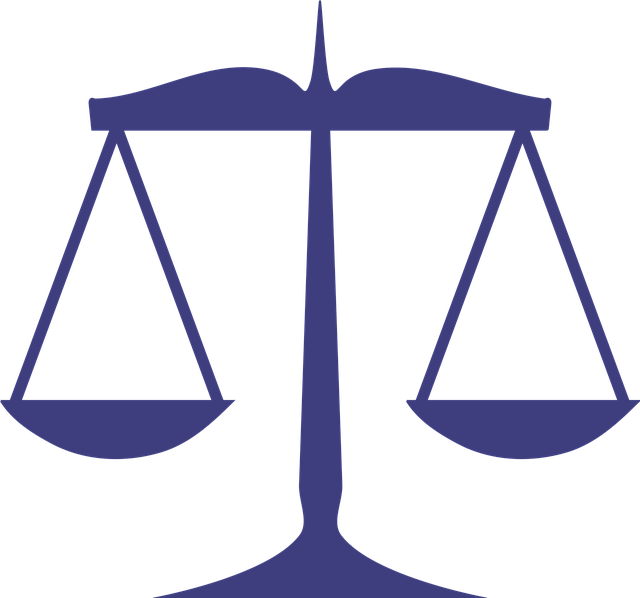Environmental compliance laws are crucial for modern governance and sustainability. Non-compliance leads to severe penalties, legal action, and reputational harm. To avoid these, businesses must stay informed, establish robust internal controls, and cultivate an ethical culture. Strategic documentation, communication, and legal defense are key in white-collar cases. Proactive adherence to regulations, comprehensive internal controls, and employee training can prevent public corruption charges and enhance corporate reputation. A strategic approach to compliance management and strong defensive strategies are vital for avoiding penalties and maintaining operational integrity.
In the realm of public integrity, understanding environmental compliance laws is paramount to avoid escalating penalties. Public corruption charges in these cases often stem from non-compliance or unethical practices, triggered by factors like inadequate regulations and enforcement, or deliberate disregard for environmental standards. This article delves into the intricacies, offering strategies to ensure transparency, mitigate risks, and navigate these complex landscapes effectively. Learn how to avert penalties and uphold ethical conduct in environmental compliance cases.
- Understanding Environmental Compliance Laws
- Common Triggers for Public Corruption Charges
- Strategies to Avoid Penalties and Ensure Transparency
Understanding Environmental Compliance Laws

Environmental compliance laws are a crucial aspect of modern governance, designed to protect our natural resources and ensure sustainable development. Understanding these regulations is essential for businesses and individuals alike, especially those operating in industries with significant environmental impacts. Non-compliance can lead to severe penalties, legal actions, and reputational damage.
Avoiding such penalties requires a proactive approach. Effective strategies include staying updated on changing laws, implementing robust internal controls, and fostering a culture of ethical conduct. In the event of an investigation or charge, securing a winning challenging defense verdict may hinge on demonstrating due diligence, adherence to best practices, and a commitment to environmental stewardship. Achieving extraordinary results in white-collar defense cases often demands meticulous documentation, transparent communication, and a strategic legal defense that highlights the client’s integrity and responsible business practices.
Common Triggers for Public Corruption Charges

Public corruption charges often arise from a variety of triggers, with environmental compliance cases being among the most high-stakes. Companies and individuals involved in these sectors must be vigilant to avoid penalties that can cripple their operations and reputation. Common triggers include non-compliance with environmental regulations, such as improper waste disposal or pollution control failures. These lapses can lead to official inquiries and subsequent legal action, particularly if they result in significant ecological damage or public health risks.
Avoiding these charges requires a proactive approach. Corporate and individual clients should ensure rigorous adherence to environmental laws and policies, implementing robust internal controls and training programs. Achieving extraordinary results in compliance management not only minimizes the risk of corruption but also demonstrates a commitment to sustainability and corporate responsibility, enhancing the company’s image in the long run.
Strategies to Avoid Penalties and Ensure Transparency

In navigating public corruption charges, especially in high-stakes cases involving environmental compliance, a robust strategy to avoid penalties and ensure transparency is paramount. Organizations and individuals must prioritize proactive measures such as comprehensive internal audits, robust record-keeping, and transparent communication with regulatory bodies. This includes implementing strict adherence to environmental regulations, regular training for employees on ethical practices, and establishing clear channels for reporting potential infractions internally. An unprecedented track record of meticulous compliance can serve as a shield against accusations.
A general criminal defense strategy should encompass not just reactionary measures but also preventive tactics. This involves staying informed about legislative changes, engaging experts in environmental law to provide guidance, and fostering a culture of ethical decision-making at all levels of the organization. By integrating these practices, entities can mitigate risks, demonstrate commitment to transparency, and build a strong defense against corruption charges, thereby ensuring long-term operational integrity.
In navigating complex environmental compliance regulations, understanding common triggers for public corruption charges is essential. By adhering to robust strategies that promote transparency and avoid penalties, organizations can ensure they remain compliant and maintain their reputation. Remember, proactive measures to mitigate risks are key to thriving in an era where environmental stewardship and integrity go hand in hand.






